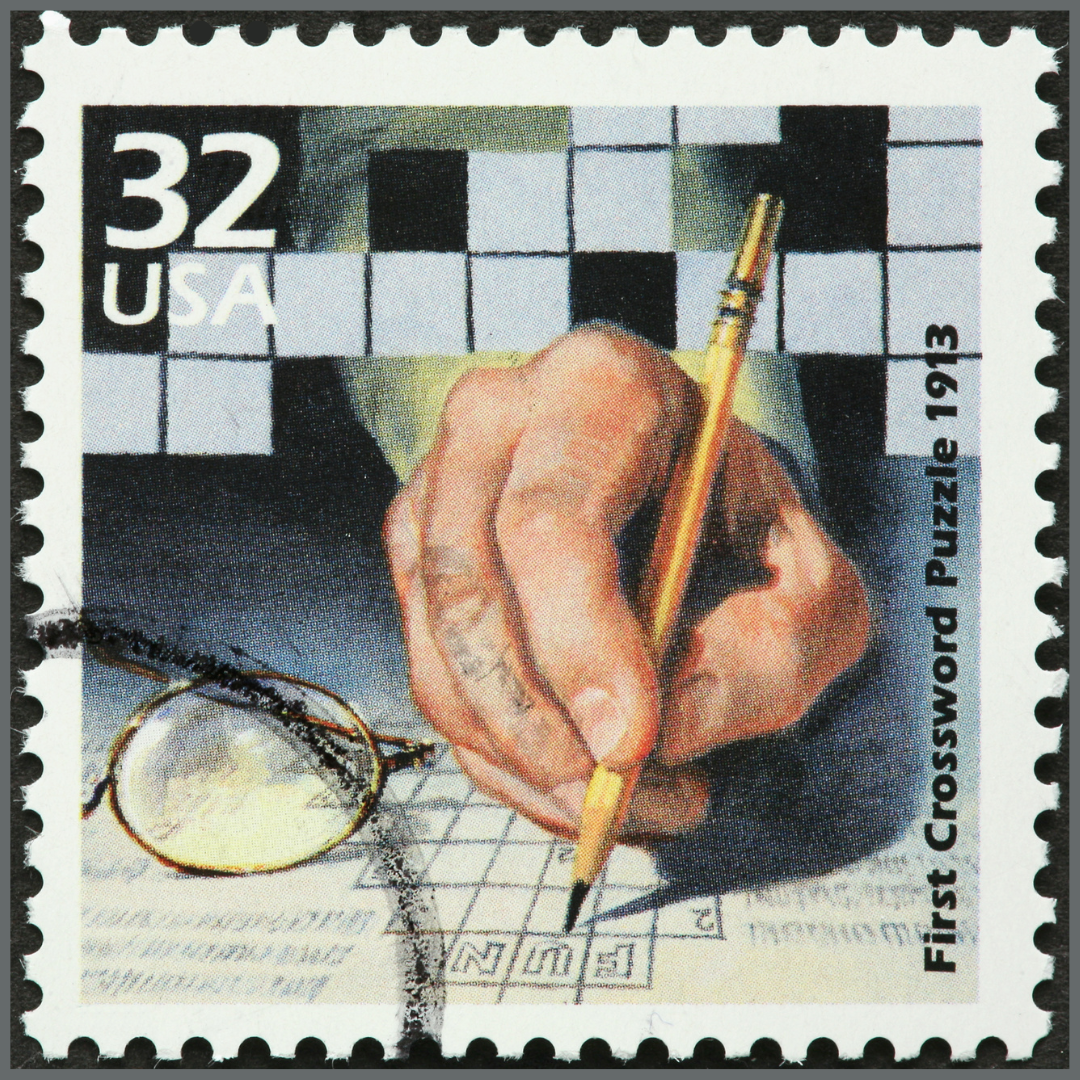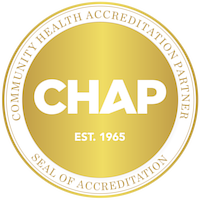Can Mental Games Help Prevent Alzheimer’s and Dementia?
Keeping your brain sharp as you age has become an important topic of conversation in recent years, especially as more people are seeking ways to maintain cognitive health. You may have heard that playing mental games like Sudoku, crossword puzzles or memory games can help prevent Alzheimer’s disease or other forms of dementia. But how much truth is there to this idea? Can a simple puzzle really protect your brain from such complex conditions?
Areas We Serve
- Home care Richmond, VA
- Home care Henrico, VA
- Home care Chesterfields, VA
- Home care Charles City, VA
- Home care Goochland, VA
- Home care Hanover, VA
- Home care New Kent, VA
Read more:

The Science Behind Mental Games and Cognitive Reserve
While no single activity can completely prevent Alzheimer's disease or dementia, there is growing evidence that engaging in mentally stimulating exercises can build something called “cognitive reserve.” Cognitive reserve refers to the brain's ability to adapt, improvise and find alternative ways of functioning, even when faced with age-related changes or damage. This reserve helps the brain stay agile and better manage the challenges that come with aging. You can think of cognitive reserve as a mental buffer that allows your brain to compensate for problems over time. For a more detailed explanation, check out this Harvard Health article on cognitive reserve.
Studies suggest that mentally challenging activities, such as puzzles, crosswords and strategic games, can help slow down cognitive decline. For instance, a 2019 study published in the journal Neurology found that people who engaged in more frequent cognitive activities in later life had a slower rate of memory decline compared to those who did not.
Brain games challenge different parts of the brain by improving memory, problem-solving skills and attention span. While these exercises alone can’t prevent dementia, they contribute to maintaining a healthy brain over time.
In short, by exercising your brain, much like you would your body, you may be able to build a buffer against cognitive deterioration.
Read more:
- Honoring CNAs and PCAs: A Tribute to Nursing Assistants Week
- Celebrating OT Month: Enhancing Lives with Occupational Therapy
- How Home Health Services Enhance Quality of Life of Seniors
Best Mental Games for Brain Health
If you’re interested in keeping your brain active, there are many fun, accessible ways to do so. Here are some of the best mental games for promoting brain health:
Crossword Puzzles
Crosswords are fantastic for improving verbal skills and memory. They engage areas of the brain that deal with language and reasoning, helping with word recall and cognitive flexibility. A study published in the Journal of the International Neuropsychological Society found that older adults who regularly engaged in crossword puzzles exhibited better cognitive functioning compared to those who did not engage in such activities, suggesting that crosswords can play a role in maintaining brain health as we age.
Read more:
- Dementia Home Health Care Services Richmond VA
- Why Older Adults Should Talk About Pain
- The Vital Role of Nutrition in Wound Healing | Affirmation
Sudoku
This number-based puzzle strengthens your ability to recognize patterns, improves concentration, and boosts logical thinking. Sudoku is particularly effective at keeping the mind focused and sharpening problem-solving abilities, as suggested by a 2019 study in theInternational Journal of Geriatric Psychiatry.
Chess & Strategy Games
Games that require planning, strategy and foresight, such as chess or card games like bridge, work on executive function, improving your brain’s decision-making abilities. A systematic review published in BMC Geriatrics found that engaging in chess and other strategy games is associated with better cognitive function and may help delay cognitive decline in older adults.
Read more:
- Assisting with Personal Home Health Care and Hygiene in Richmond, VA
- Welcome Christina Shaw as the New Clinical Manager at Affirmation
Memory Games & Apps
Modern technology has made brain training more accessible than ever, with apps like Lumosity and Elevate offering a range of memory games designed to challenge your brain and track your progress over time. However, it's important to approach these apps with realistic expectations. According to a Mayo Clinic Q&A, there is currently no strong evidence that these apps prevent cognitive decline or dementia.
Beyond Games: Combining Mental Stimulation with Healthy Habits
While mental games are a wonderful way to keep your brain engaged, they’re most effective when combined with other healthy habits. A well-rounded approach to brain health involves not just exercising your mind but also supporting your body and emotional well-being.
Physical Activity: Regular exercise promotes blood flow to the brain and supports overall cognitive function. Activities like walking, swimming and yoga can all have positive effects on brain health. According to the Harvard Medical School, exercise can improve memory and thinking skills, particularly as we age.
Healthy Diet: Eating a diet rich in brain-boosting nutrients, like Omega-3 fatty acids found in fish, leafy greens, and whole grains, is key to maintaining cognitive function. The National Institutes of Health (NIH) suggests that a Mediterranean diet, which is high in these nutrients, is associated with a lower risk of cognitive decline.
Social Engagement: Staying socially active is one of the most effective ways to protect against cognitive decline. Regular interaction with friends, family, or community groups helps keep the brain engaged and can prevent feelings of isolation. Check out our blog on the Top 10 Activities to Keep Seniors Engaged and Active for ideas on how to stay socially connected and mentally stimulated.
Adequate Sleep: Restful sleep is crucial for memory consolidation and overall brain health. Aim for 7-8 hours of sleep per night to ensure your brain has time to recharge. Research from the National Institute on Aging highlights that sleep helps clear toxins from the brain, including those linked to Alzheimer’s disease.
By combining these healthy lifestyle choices with mentally stimulating games, you’ll be taking a holistic approach to protecting your brain from decline.
Read more:
- The Role of a Home Health Care Aide
- In-Home Medication Management for Health & Safety
- Tips for Convincing Your Elderly Parent to Accept Help
Myths and Facts About Mental Games and Alzheimer's Prevention
We have discussed many issues regarding cognitive health and the slowing of dementia and Alzheimer's, but let's be clear about separating fact from fiction:
Myth: Playing puzzles or mental games will prevent Alzheimer’s entirely.
· Fact: While mental games can help build cognitive reserve, they are not a guaranteed way to prevent Alzheimer's or dementia. Cognitive health requires a holistic approach that combines mental exercises with other healthy habits like regular physical activity, a nutritious diet, social engagement and adequate sleep. This integrated lifestyle is far more effective in supporting long-term brain health and resilience.
Myth: Only seniors benefit from brain games.
· Fact: Mental exercises benefit people of all ages. Building cognitive reserve earlier in life can help delay the onset of cognitive decline as you age. Whether you're in your 30s, 40s or older, engaging in activities that challenge your brain, such as puzzles, strategy games and memory exercises, can support cognitive function and contribute to long-term brain health.
Myth: If you haven't started mental exercises by a certain age, it's too late to benefit.
· Fact: It’s never too late to start engaging in mentally stimulating activities. Research shows that people of all ages can improve cognitive function and build cognitive reserve, regardless of when they begin. The brain retains its ability to adapt and change, known as neuroplasticity, well into later life.
Myth: Brain training apps are the ultimate solution for preventing cognitive decline.
· Fact: While brain training apps may offer some benefits, there is no conclusive evidence that they prevent Alzheimer's or dementia. As we mentioned earlier, real-world activities like chess, crossword puzzles, social engagement, physical exercise and maintaining a healthy diet are proven methods for supporting cognitive health.
Read more:
- Understanding the Differences Between Home Health and Home Care
- Outpatient Therapy in the Home Now Offered by Affirmation
- Welcome Brittany Haynes: Our New Intake Coordinator for Home Health
How to Get Started
It’s never too late—or too early—to start incorporating mental exercises into your routine. Here are a few tips to help you get started:
- Set aside time each day: Start with just 10-15 minutes a day. Whether it’s working on a crossword puzzle with your morning coffee or playing Sudoku before bed, consistency is key.
- Mix it up: Variety is important. Try several types of puzzles or games to challenge various parts of your brain. One day, play a memory game; the next, test your strategy skills with chess or a card game.
- Join a group: If you enjoy social interaction, consider joining a local group that plays games like chess or bridge. This combines mental stimulation with the benefits of social engagement.
- Download an app: There are countless apps available that offer brain-training games. Some even allow you to track your progress over time, adding an element of motivation.
Maintaining cognitive health is a journey that involves more than just puzzles and games—it's about embracing a balanced lifestyle that supports your brain at every stage of life. Whether you're looking to stay sharp, support a loved one or simply explore new ways to keep your mind active, the right combination of mental stimulation and healthy habits can make a difference.
Ready to start your journey to better brain health? Explore our other articles on cognitive wellness, try a new mental game today or connect with us to learn more about how you can maintain a sharp and active mind as you age.
Read more:

Affirmation is a not-for-profit organization created by LifeSpire of Virginia and Pinnacle Living.
Quick Links
Compassionate In-Home Care in Richmond
All Rights Reserved | Affirmation | Site Built By Rank Rocket Creative Studios







